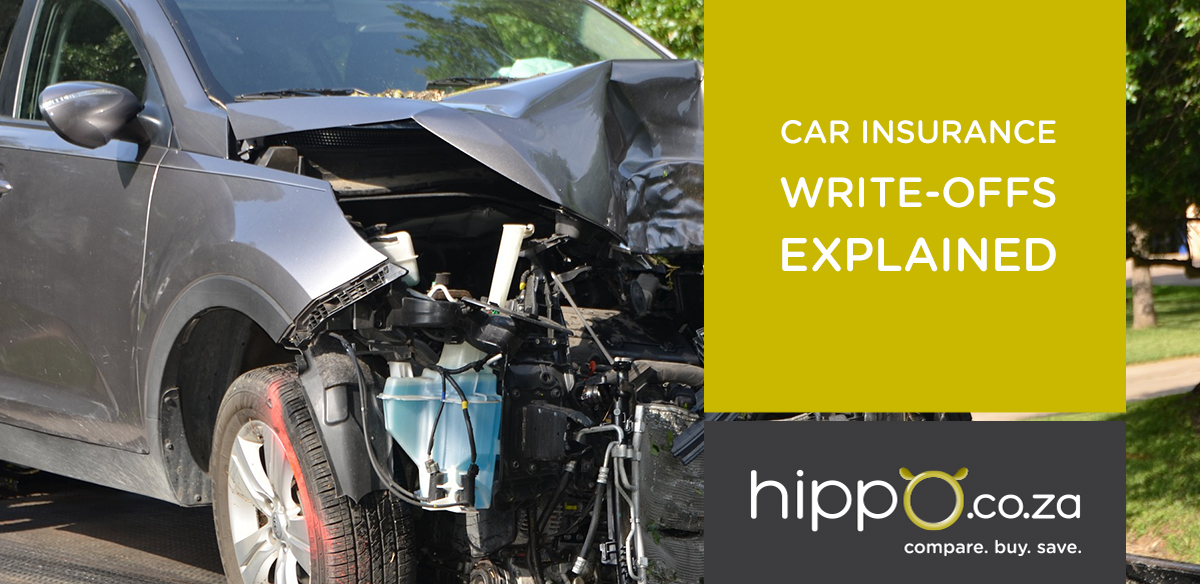Car Insurance Write-Offs Explained

When thinking about car write-offs, an image that often comes to mind is a mangled wreck destined for a scrap yard. While extensive damages are often enough to warrant the car being written off as ‘beyond repair,’ in many instances the car is just not worth repairing even though it still looks to be in decent condition.
Defining Car Insurance write-offs
Insurance companies work along very strict policies and procedures when covering your vehicle. In exchange for monthly payments, the insurance company agrees to pay your losses to restore the car in the roadworthy condition it was before the accident. However, if the damaged car cannot be safely repaired or if it would be uneconomical to perform work thereupon, the case could constitute a write-off and the policyholder could either receive a replacement of the same or similar make and model, or a cash payout (minus the excess, dual insurance, betterment, and depreciation) in the retail, market or trade value of the car dependent on the agreement between the Insurer and the policyholder.
For example, your car may emerge from an accident with minor damages that look like they can be fixed at the local repair shop. However, if the repair costs are more than say, 70%, of the car’s current value of R100 000 (in this example R70 000), your insurer could declare it as a total loss. Car Insurance companies in South Africa will each use their own formula to determine when a vehicle is a total loss and must disclose it to you when you sign the insurance agreement with them.

The write-off process
After you’ve notified your insurer of an accident and your intention to claim from your Comprehensive Car Insurance policy, they will send an assessor to inspect the damages. The assessor will calculate the cost of repairs and compare them with the cash value of the vehicle. The assessor will also take into consideration availability of parts and the age and condition of your vehicle. They will then decide whether it can be repaired and legally be put back on the road, or if it will be more economical or safer to write it off.
What happens afterward?
When compensating you for the write-off, the insurance company essentially buys the damaged vehicle from you and becomes its new owner. Once in their possession they will most likely sell it to a salvage company to recover some of the costs of the payout.
One important thing to remember is that, if your car is still under financing at the time it is written off, you must immediately notify the financing company. The vehicle is still the property of the financier until the insurance company settles the claim and pays the outstanding finance amounts to the bank or financing house. When offering you a car loan, the bank (and some insurers) may offer you top-up cover or credit shortfall insurance to pay the outstanding balance on your loan if your car is written off, so it would be to your advantage to look into these.
Can you disagree with a write-off?
If you disagree with the insurer’s decision to write off your car, and believe it can be repaired cost effectively, you have the option of appealing to the Ombudsman. It would however be wise to first attempt to escalate the matter within the Insurer in order to find a resolution prior to escalating same to the Ombudsman.
Disclaimer: This article is for informational purposes only and should not be construed as financial advice.
Hippo Blog Categories

































